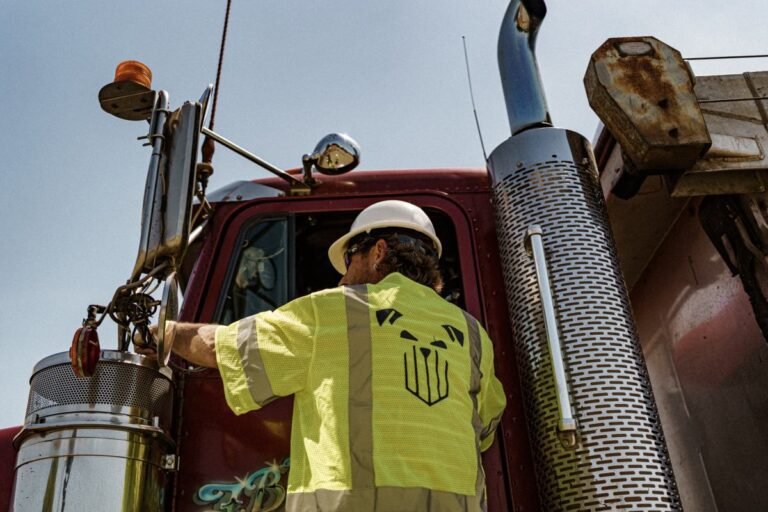Will Lawrence, the co-founder and CTO of Iron Sheepdog, likes to say that sometimes making something simple is really, really hard. Iron Sheepdog’s goal is to build simple-to-use technology for the short-haul trucking industry. This approach is also why the company believes it has been able to see a level of industry adoption that its competitors have not.
The Williamsburg, Virginia-based company’s software looks to make the short-haul trucking space, which largely involves outsourcing short-haul jobs to broker-booked truckers, more seamless and efficient. Companies can track their contract trucks through Iron Sheepdog, giving them more visibility into where the trucks are, how long a job takes, and how much they’ll pay. Truckers themselves get an easy-to-use app that helps them accept jobs and get paid online.
Iron Sheepdog this week announced a $10 million Series B round led by SJF Ventures with participation from Grand Ventures, Supply Chain Ventures and strategic partners. Mike Van Sickel, co-founder and CEO of Iron Sheepdog, told TechCrunch that the company spent its early years trying to get customers to adopt and reach profitability. Now it’s looking to scale up.
“Trust is the most important characteristic. we have to get the subhauler to actually use the app,” Van Sickel said. “All the solutions out there that are imposed by contractors [subhaulers] to use it, if they’re not willing to embrace it, you create more problems.”
The idea for Iron Sheepdog came from lived experience by the three co-founders, Van Sickel said. None of them worked as short-term truck drivers, but for companies that hired them. Van Sickel said that despite the software solutions that exist for every other part of their business, there hasn’t been a great solution for short-haul trucking. The existing process frustrated both sides.
While not the first company to attempt to create software to manage these short-haul trucks, Iron Sheepdog has managed to see its growth double every year since its inception. This is because it approached construction differently than its competitors. Instead of focusing on contractors to drive adoption, they started with short-haul truck drivers themselves.
“We chose to look at the problem from the bottom up instead of the top down,” Van Sickel said. “We built a very simple app for the subhauler and connected it to 24-hour pay. I call it simple. it was deliberately simple so they would adopt it.”
Getting truckers to sign up for the free app prompts the brokers who provide their jobs to sign up and it works on the chain. Contractors also want to sign up, knowing the app gives them access to a network of more than 4,000 short-haul trucks. The company makes money as these contractors pay the underlying truckers through the platform.
Van Sickel said that now that they have a significant number of brokers and trucks on the platform, companies can begin to better utilize them. For example, a company could hire a truck to do two jobs on the same day or drop off material at two locations, reducing the number of trucks needed. This could also help reduce emissions.
“If you think about Uber Eats, the Uber driver doesn’t leave their house, get the sandwich, go to your house and go home. That’s not how the industry works,” Van Sickel said. “Once you get on board those trucks, you can start finding ways to make better use of those trucks.”
The Iron Sheepdog round stood out for many reasons. First, investment in construction technology startups has increased in recent years, but this part of the system has not seen the same attention. What good is software that speeds up job site scheduling if coordinating trucks to get the job done will slow down the process?
Innovation around trucking has largely overlooked this area as well. Companies that want to build autonomous construction vehicles and companies that want to fix last-mile cargo already exist, but much less technology is devoted to suction trucks and the like. There are other companies looking to help solve this problem, including TruckIT and Loadtraxx, but Iron Sheepdog seems like one of the few, if not the only, venture-backed startup tackling this problem.
Iron Sheepdog’s focus on adoption is also noteworthy. While it seems obvious that companies should build products that will actually be used by the organizations they target, this is not always the case and there are many industries that are technologically behind as a result.
There is nothing good about new technology if no one uses it.
“It has to be a crawl, walk, run approach, it can’t be a crawl, run approach,” Van Sickel said. “There’s a disconnect between some of the software solutions being developed and the willingness of the people who will actually use it to embrace them.”
